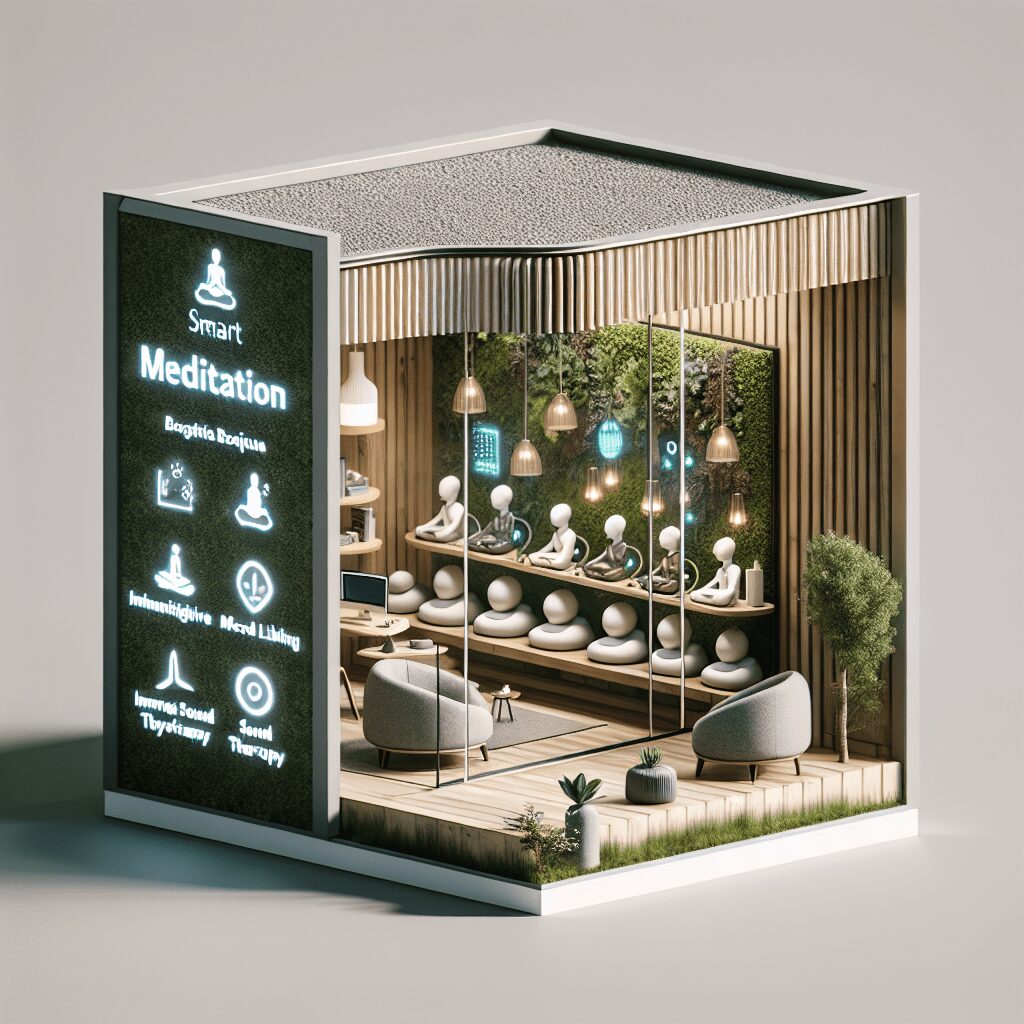
Prioritize your mental well-being daily. Enhance your life by nurturing your mental health with the Smart Meditation app. Break free from stress, alleviate anxiety, and enhance your sleep quality starting today.
Is Alcohol Effective In Reducing Stress?
Unraveling The Myths: Is Alcohol A Stress-Buster?
In the hustle and bustle of modern life, finding a sanctuary in the midst of chaos often feels like searching for a needle in a haystack. Stress, the unseen adversary, has its grip firm on many, and in a bid to loosen this grip, folks frequently turn towards what seems like a comforting ally – alcohol. But before you decide to clink your glasses, let’s dive into the heart of the matter and separate fact from fiction regarding alcohol’s role in stress reduction.
Alcohol: Friend or Foe in Stress Management?
The relationship between alcohol and stress is akin to a double-edged sword. On one side, it appears to offer a temporary escape, a brief respite from the troubles weighing down on us. However, this fleeting sense of relief is exactly that – fleeting.
The Temporary Truce
-
The Initial Calm: There’s no denying that first sip of your favorite drink can make you feel like you’re walking on cloud nine. The reason behind this isn’t magical, though; it’s chemical. Alcohol increases the release of dopamine in the brain, a neurotransmitter associated with pleasure and relaxation.
-
Lowered Inhibitions: As your blood alcohol content rises, so does your sense of courage. There’s a reason why after a pint or two, you might find yourself belting out tunes at the karaoke or spilling your heart to the bartender. Alcohol has a way of temporarily silencing the inner critic, allowing one to momentarily forget their woes.
The Morning After: Reality Bites
However, the sweet escape offered by alcohol often turns bitter when the sun comes up. Here’s why:
-
Stress Rebound: Like a boomerang, the stress you thought you’d thrown away comes flying back, often with additional baggage. As the body processes the alcohol, the temporary relief can give way to heightened anxiety and stress levels, a phenomenon commonly known as ‘rebound anxiety’.
-
Sleep Disruption: Despite popular belief, partaking in a nightcap won’t guarantee a visit from the sandman. Alcohol might whisk you off to sleep faster, but it hampers your sleep cycle, particularly the REM phase, which is crucial for a restorative night’s sleep. This disruption can leave you feeling groggy and more stressed than before.
-
Dependency Risk: Relying on alcohol as a crutch for stress management can quickly spiral into dependency. Over time, both the body and mind start believing the myth that alcohol is the only effective stress-reliever, leading to increased consumption and, potentially, alcohol use disorder.
Alternatives That Don’t Come With a Hangover
It’s clear that while alcohol might seem like a tempting stress-reliever, it’s more of a false friend than a true ally. So, what are the real stress-busters? Consider these alternatives:
- Exercise: Lace up those sneakers and hit the pavement. Physical activity kickstarts the production of endorphins, often dubbed the body’s natural painkillers and mood lifters.
- Mindfulness and Meditation: These practices help bring attention to the present moment, reducing the tendency to ruminate over past or future stressors.
- Healthy Socialization: Spending quality time with loved ones or engaging in hobbies can offer genuine respite from stress, without the downsides of alcohol.
The Verdict: A Fine Line Between Use and Misuse
In moderation, alcohol can be a part of relaxation and socialization for many, without significant adverse effects. However, the myth that alcohol is an effective stress management tool needs debunking. The key lies in finding healthier, more sustainable methods to cope with stress that leave you feeling refreshed and truly relaxed, rather than reaching for a stopgap solution that could potentially add to your problems.ью





